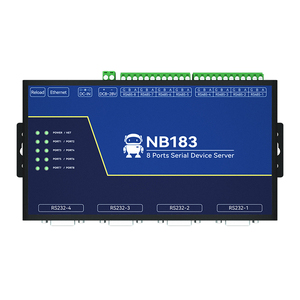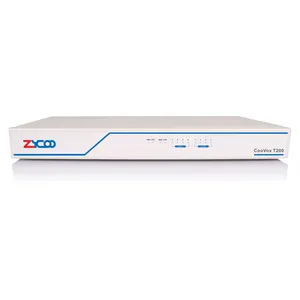User Management Server: An Introduction
A user management server is an essential component in modern digital environments, providing a secure framework for managing user identities, access permissions, and attributes across various applications and services. As businesses increasingly rely on digital solutions, the demand for effective user management systems grows. They play a vital role in ensuring security, enhancing user experiences, and facilitating compliance with regulations.
Types of User Management Servers
User management servers can be categorized based on their deployment strategies, functionalities, and integration capabilities:
- On-Premise User Management Servers: These are deployed within an organization's own infrastructure, offering complete control over user data and security.
- Cloud-Based User Management Servers: Hosted in the cloud, these servers provide flexibility and scalability, allowing businesses to manage users from anywhere.
- Hybrid User Management Servers: Combining both on-premise and cloud solutions, hybrid servers offer a balanced approach, meeting diverse organizational needs.
- Dedicated User Management Servers: Designed specifically for user management, these servers provide robust features tailored to managing user access and permissions.
Function and Feature of User Management Servers
User management servers come equipped with a wide range of functions and features that enhance their utility:
- User Authentication: Ensures that only authorized users can access specific resources through various authentication methods including multi-factor authentication.
- Role-Based Access Control (RBAC): Simplifies user permissions by assigning access based on user roles, promoting security and efficiency.
- Single Sign-On (SSO): Allows users to log in once and gain access to multiple applications, streamlining user experience and reducing login fatigue.
- User Provisioning and Deprovisioning: Automates the creation and removal of user accounts across systems, ensuring timely updates in user access.
- Audit and Reporting Tools: Provides insights into user activities and permissions, helping organizations maintain compliance and improve security.
Applications of User Management Servers
User management servers have vast applications across various sectors:
- Corporate Environments: Manage employee access to data and applications securely and efficiently.
- Educational Institutions: Control student and staff access to learning resources and administrative tools.
- Healthcare Facilities: Ensure that only qualified personnel can access sensitive patient records and treatment databases.
- Government Agencies: Safeguard citizen information and manage access to public services.
- E-commerce Platforms: Protect customer data while managing vendor and consumer access to different levels of the platform.
Advantages of User Management Servers
Deploying a user management server brings numerous advantages to organizations:
- Enhanced Security: Reduces the risk of data breaches by ensuring that only authorized users have access to sensitive information.
- Increased Efficiency: Automates user management processes, saving time and reducing errors in access control.
- Scalability: Supports the growth of an organization by accommodating more users and resources without a significant reconfiguration.
- Compliance Support: Helps organizations comply with industry regulations by maintaining proper access controls and detailed logs of user activities.
- Improved User Experience: Simplifies the user login process, which boosts productivity and satisfaction across the organization.






































